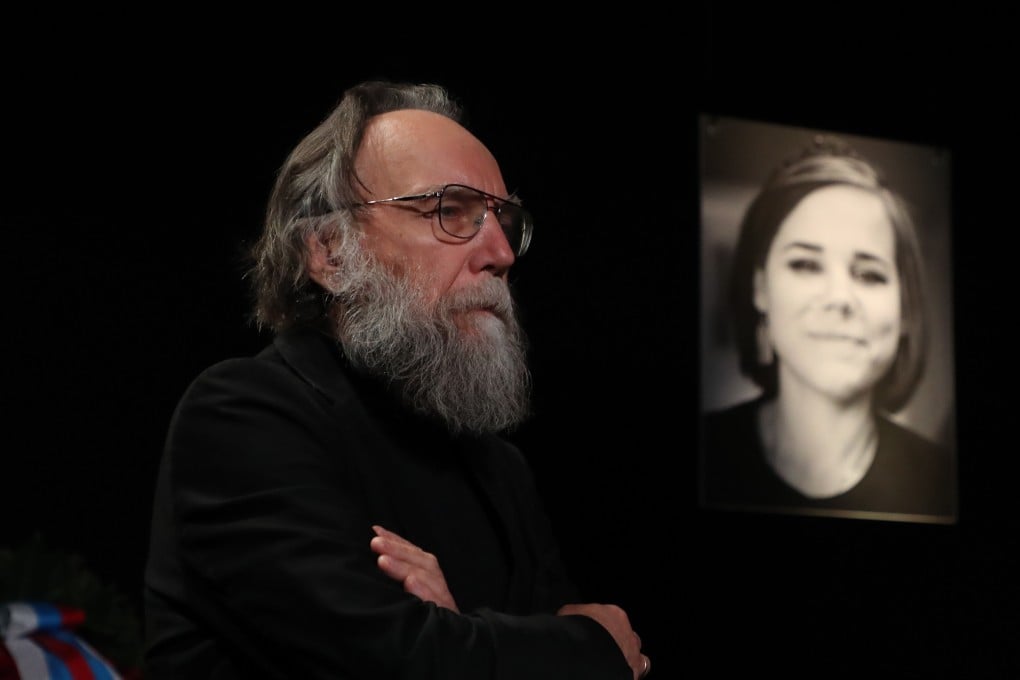My Take | Killing of daughter of Putin’s ally fuels tasteless editorial frenzy
- Nationalists such as Aleksandr Dugin, nicknamed ‘Putin’s brain’, and apologists of American hegemony are like two peas in a pod, only that they are on opposing sides

The daughter of Aleksandr Dugin, often described as Vladimir “Putin’s brain”, died in a car bombing at the weekend believed to have been aimed at her father. Since then, his political influence has been analysed in an editorial orgy among respectable Western publications. The claim, sometimes implicit, often explicit, is that the arch-nationalist philosopher’s ideas were behind the Russian leader’s invasion of Ukraine and his hostile view of the West in general. The guy has Putin’s ear, or so they say.
It’s good that so many Western editorialists could read Putin’s mind! Of course, knowing what we do about post-Soviet history, I think it’s fair to say Putin’s actions and thinking are pretty understandable – but not justifiable, of course – even if Dugin had never lived. Putin was a KGB officer. Would he need to listen to Dugin or read his books to think the West is hostile to Mother Russia and that Ukraine is part of the motherland?
Here’s an op-ed from The New York Times. The first sentence runs: “President Vladimir Putin’s bloody assault on Ukraine … still seems inexplicable.” The implication is that unless you have read and known about Dugin, you wouldn’t understand the invasion. Really?
“Eurasianism was injected directly into the bloodstream of Russian power in a variant developed by the self-styled philosopher Aleksandr Dugin,” the author wrote.
“In Mr Dugin’s adjustment of Eurasianism to present conditions, Russia had a new opponent – no longer just Europe, but the whole of the ‘Atlantic’ world led by the United States.”
The US a “new” opponent of Russia? Maybe Russians have only recently heard of Nato!
